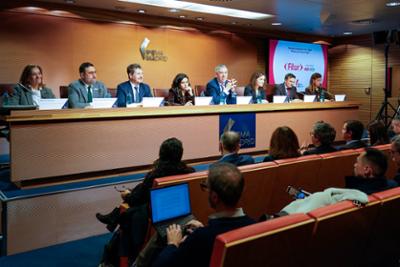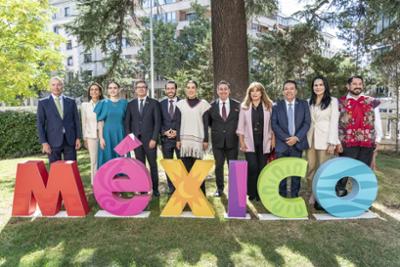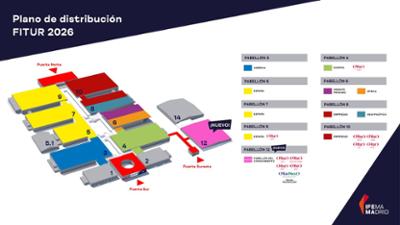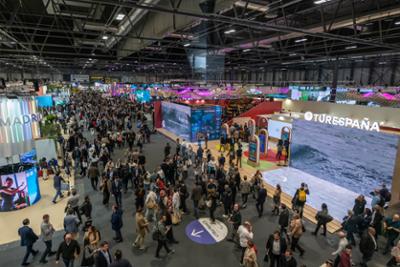
FITUR 2026 sets the global pace for tourism, drawing 160 nations and more than 10,000 companies
Mexico joins FITUR 2026 as Partner Country in an edition bringing together 967 main exhibitors and marking an 11% rise in international participation.
The Knowledge Hub, FITUR Experience and the first International Summit on Communication and Tourism introduce the main innovations of a 46th edition boosting FITUR’s position as the world’s leading tourism fair.







